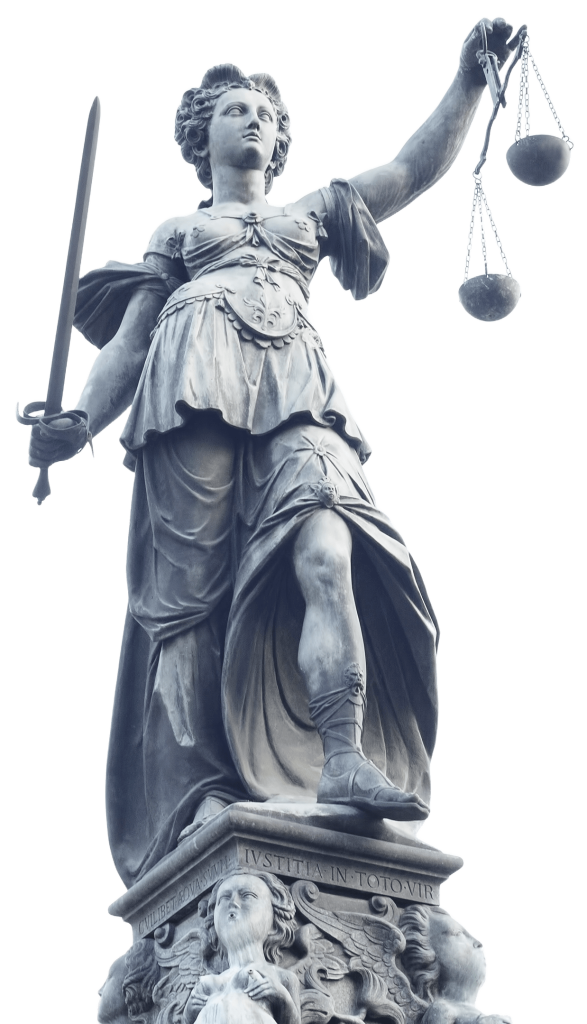Increased regulation and enforcement has resulted in a much smaller number of debt settlement companies. Most persuade at least some creditors to forgive at least part of the debt. This usually requires a lump sum payment.
Some people experience what they consider to be satisfactory results with debt settlement companies. But they might not feel that way if they were fully informed about all the future impacts on them when compared to filing bankruptcy.
- Many don’t realize they could face a tax bill from the IRS on the forgiven debt with debt settlements. Not so in Bankruptcy.
- Some are falsely advised they would lose most of their personal possessions if they file bankruptcy. In reality, few people filing chapter “7,” which erases most debts in three to six months, lose any assets because of state laws that protect most, if not all of what they own. In fact, bankruptcy has provisions that allow one to eliminate completely, assets that have become burdens.
- Others are shocked at how far their credit scores tumble; and how much it will affect their future borrowing power. While it’s true bankruptcy can have the same effect, credit score recovery begins AFTER completion of either process. The difference of course, is that Chapter 7 bankruptcy normally only takes a few months, while debt settlement can take several years. Moreover, bankruptcy stops collections (including lawsuits), and can end garnishments.
Some problems with debt settlement include:
- Negotiations can take years. Customers are told to stop paying their credit cards, and other debts and put the money aside for lump sum payments later on. One of the largest debt settlement companies, reports half of its customers eventually settle about 75 percent of their debt. But the process usually takes three to four years. This often results in people being sued.
Moreover debts are normally settled for 45 percent to 50 percent of the current balance (which is often higher than the initial balance because of late fees and interest) and the typical fee is usually about 20 percent of the total debt. Once the forgiven debt is reported to the IRS, it is taxed as income. Because of this, a borrower in the 25 percent bracket often ends up paying 90 percent or more of the original amount owed. Bankruptcy has no such aftermath and most often, even a chapter 13 produces far better results.
According to a recent article in the Academy of Consumer Bankruptcy Trustees, “The one option that shines above all the rest is bankruptcy. It’s the cheapest and fastest and the best way to rebuild your credit.”
When is it better to use debt settlement as opposed to bankruptcy? When you can’t or won’t file for Chapter 7 bankruptcy. A bankruptcy lawyer Port St Lucie is the one to talk to about that as well!


